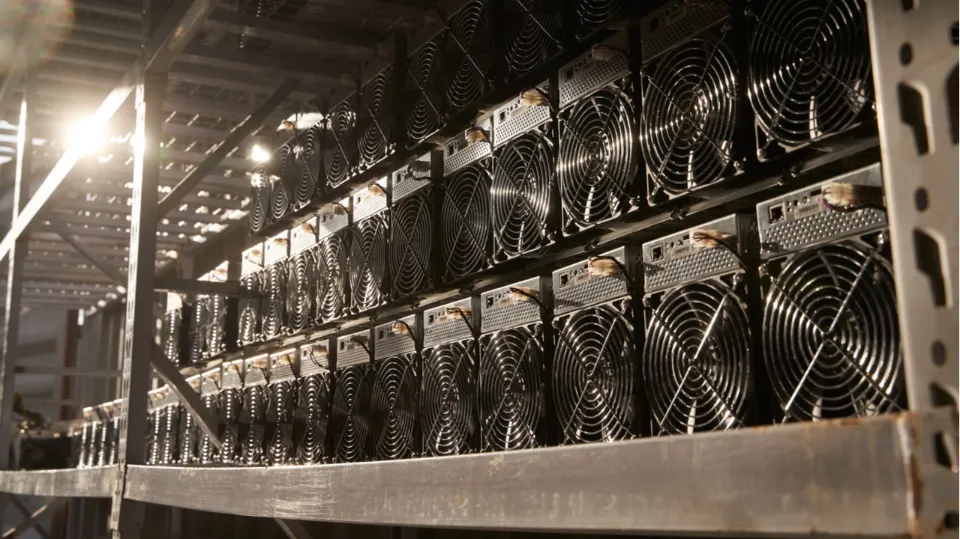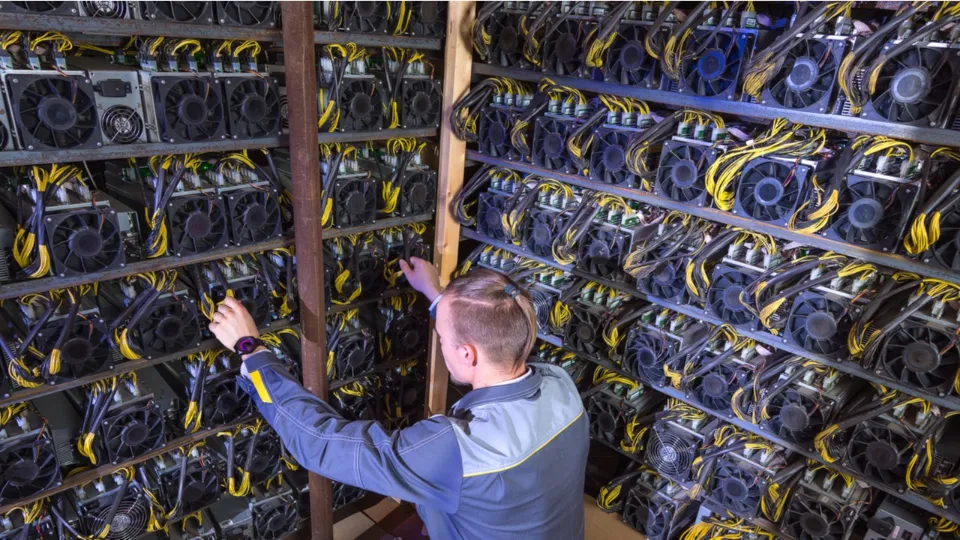A draft law designed to regulate crypto mining in Russia introduces harsh penalties for miners failing to report digital assets to the state. In its most recent revision, the bill also makes incarceration and sizable fines a potential punishment for those who organize illegal cryptocurrency trading.
Forced Labor Awaits Miners and Traders Who Operate Outside Law, According to New Bill
To avoid legal repercussions from the government, Russian cryptocurrency miners will need to declare their income and give tax authorities comprehensive information about their digital assets, including wallet addresses. This is supported by a draft law that is presently being revised in Moscow.
In November, a bill to control Russia’s expanding coin manufacturing sector was initially introduced to parliament. Its adoption was ultimately pushed back for this year, and lawmakers now intend to resubmit it with amendments that envision harsh penalties for miners who don’t follow the rules.
The Russian Ministry of Finance, which is developing the changes, now wants to impose harsh penalties on those who fail to declare their cryptocurrency. According to the online news source Baza, this could result in jail time and fines amounting to millions of rubles.
According to amendments to the Criminal Code prepared by the department, if miners fail to report their income twice in the course of three years and the value is over 15 million rubles (close to $200,000), they will face up to two years of imprisonment, a fine of up to 300,000 rubles, and even forced labor for up to two years.

More severe penalties, including up to four years in prison, a fine of up to 2 million rubles, and up to four years of forced labor, will be applied if the value of the unreported assets exceeds 45 million rubles in fiat equivalent (roughly $600,000).
Updated Law Takes Even Stricter Stance on Crypto Trading
Crypto mining enterprises will have two options to sell the extracted cryptocurrency — on a foreign exchange or on a Russian trading platform established under “experimental legal regimes” which are yet to be established. The Bank of Russia has insisted on this in order to support the legalization of mining.
Any coin trading activities outside the aforementioned legal framework will be viewed as legal violations, carrying even harsher penalties than those outlined for miners, and exchange operators, banks, or other legal entities will be added to a special register. “Illegal organization of circulation of digital currencies” will lead to prison sentences of up to seven years, a fine of up to 1 million rubles, and forced labor for up to five years.
The authors of the mining bill have also included provisions to prevent money laundering in the most recent draft. According to the texts, cryptocurrency owners “are obliged to provide the authorized body with information on their operations (deals) with digital currency at its request.”



